Introduction: When a Hotel Room Becomes a Warzone
Forget sweeping romantic epics or sprawling historical sagas; the heart of contemporary Yoruba cinema often beats fastest in the confined, pressure-cooker environment of the crime procedural. “Eru 2,” directed by and starring some of Nollywood’s most respected talent, ditches the slow burn in favor of a lightning-fast dive into criminal conspiracy.
The premise is deceptively simple: A missing woman, Room 206, and a deadline. But within the first fifteen minutes, this seemingly routine disappearance explodes into a high-stakes, multi-layered investigation involving drug trafficking, counterfeit currency, and deep-seated moral compromise. “Eru 2” attempts to achieve the pacing of a Hollywood blockbuster within a fraction of the budget and time, and while its ambition occasionally outruns its execution, the result is an undeniably kinetic and frequently gripping watch.
We’re here to unpack whether this APATATV+ release successfully navigates the complex web of organized crime it weaves, and whether its core emotional anchor—the fate of the coerced hotel manager—holds up under the relentless pressure of Agent Jack’s investigation.
I. The Narrative & Thematic Foundation
“Eru 2” is not a movie that believes in subtlety. It is a film of aggressive exposition and rapid escalation.
The Pacing Dilemma
With a runtime clocking in at just under 84 minutes, the narrative attempts to cram in enough plot points for a three-part miniseries. Agent Jack (the lead investigator) barely has time to secure the perimeter before he’s simultaneously dealing with a missing person, a major drug bust (the elusive “2 kg” reference), and the shocking discovery of fake currency samples.
This leads to the film’s most significant structural flaw: it feels over-stuffed. Key developments—such as confirming the suspect’s hospital alibi or processing the blood samples—are mentioned and resolved with such speed that the audience is left breathless, unable to fully absorb the gravity of the procedural steps. The narrative sacrifices depth for momentum, giving the viewer a sense of high energy but leaving little room for classic investigative deduction.
The Theme of Coerced Complicity
However, the narrative finds its emotional resonance in the thread of coerced complicity. The central dramatic question isn’t who committed the initial crime, but the fate of the hotel manager. His confession—that he acted under duress, driven by the desperation to “keep my job”—is the most relatable and tragic element of the story.
This “forced choice” theme anchors the chaos. It transforms the manager from a simple accessory to a sacrificial figure, highlighting how economic vulnerability can be exploited by powerful criminal organizations. The Yoruba dialogue throughout is sharp and functional, particularly in the interrogation scenes, giving a raw, unpolished authenticity to the desperate negotiations for survival.
II. Direction and Visual Language
The visual direction of “Eru 2” is, in many respects, a classic example of functional Nollywood crime drama—it prioritizes clarity and action over artistic flair, but manages to succeed in the one area where it counts: generating tension within confined spaces.
Staging the Lockdown
The mise-en-scène is heavily reliant on the hotel setting, specifically the lockdown and the subsequent searches. The director effectively uses the tight corridors and the anonymous luxury of the rooms to create a feeling of claustrophobia and paranoia. The initial scene where Agent Jack orders the entire hotel sealed (“Nobody goes out, nobody goes in”) is staged with a necessary sense of military precision that immediately establishes the high stakes.
Less successful, however, is the film’s cinematography. While the visuals are consistently clear and legible, they often lack the mood and grit expected of a modern crime procedural. The lighting is largely uniform, missing opportunities to use shadows and contrast to visually enhance the sense of threat, danger, or moral grayness inherent in the manager’s dilemma. The visual aesthetic is consistent, but arguably too bright, preventing the film from truly immersing the viewer in a shadowy criminal underworld.
Despite this, the direction is efficient. It keeps the camera focused on the escalating tension between the police and the various suspects, ensuring that the audience’s attention never drifts far from the immediate danger.
III. Performance & Characterization
The strength of “Eru 2” lies squarely with its actors, who manage to imbue the rapid-fire plot with genuine human tension, compensating for any narrative shortcomings.
The Gravitas of Agent Jack
The lead actor, portraying Agent Jack, delivers a performance of essential grounded gravitas. He avoids the over-the-top melodrama sometimes seen in the genre. His Agent Jack is firm, commanding, and pragmatic, driving the investigation forward with quiet authority. Crucially, the actor conveys the sense that Jack is operating within a difficult and potentially corrupt system, lending authenticity to his relentless pursuit of the truth and his stated unwillingness to “leave anybody” out of the suspect list. This portrayal is necessary; without a strong, measured lead, the fast-paced plot would simply collapse into noise.
The Tragedy of the Hotel Manager
The true acting centerpiece, however, is the hotel manager. This character represents the ethical pivot point of the entire film. The actor masterfully balances the tightrope walk between being a frightened victim and a culpable accomplice. We see the shift from denial (“I did not do anything, I did not touch her”) to desperate rationalization (“I wanted to keep my job”).
This performance is vital to the film’s success because it validates the cultural commentary. The actor successfully conveys the crushing weight of economic desperation, making the manager’s decision to follow criminal orders tragically believable. His internal conflict—the fear of incarceration juxtaposed with the fear of losing his livelihood—is the most compelling character arc in the entire movie.
Ensemble Dynamics
The rest of the cast, including the suspects involved in the drug and currency rings, are effective in their roles, maintaining the confrontational chemistry required by the genre. The tension between the law enforcement officers and the suspects, particularly during questioning about CCTV footage and the alleged hospital alibi, feels authentic, providing the required procedural friction.
IV. Technical Execution & Sound Design
The technical package of “Eru 2” is functional but reveals the strains of high-speed production.
The editing is aggressive, reflecting the hurried pace of the plot. While this maintains momentum, there are instances where quick cuts feel disjointed, struggling to keep continuity seamless across the multiple crime strands being investigated simultaneously. The transitions are sometimes abrupt, a likely side effect of trying to fit such an elaborate criminal network into a tight 83-minute window.
However, the soundscape generally succeeds in its task of heightening the dramatic stakes. The sounds of the raid, the tense whispers of the hotel staff, and the heavy atmosphere in the interrogation rooms are well-utilized. The background musical score generally aligns with the thriller genre, though in a few instances, it becomes overly dramatic, threatening to overshadow the nuanced performances instead of simply supporting them. Overall, the production value meets the robust standards expected from a high-profile Yoruba drama release, prioritizing clear audio and functional staging.
V. Cultural Resonance and Societal Commentary
This is where “Eru 2” finds its true voice. By intertwining a simple missing person case with international crimes like drug trafficking and the manufacture of fake currencies, the film acts as a sobering piece of social critique.
The Cost of Compromise
The film’s commentary centers on the corrosive power of desperation. The manager’s arc serves as a powerful metaphor for the social and economic pressures facing the average citizen. It suggests that organized crime thrives not just through force, but by preying on the financial fragility of ordinary people, pushing them into morally indefensible positions. The story doesn’t just show crime; it shows the economic structures that facilitate it.
Policing and Public Trust
Furthermore, the figure of Agent Jack—a clean, determined investigator—acts as a counterpoint to implicit fears of police corruption. The film places him under immense pressure, both from the escalating severity of the crime and the internal complications (such as the need to confirm alibis and dismiss potential red herrings). By showing the police navigating procedural challenges with focus and transparency, “Eru 2” attempts to build a narrative of trustworthy law enforcement fighting powerful, sophisticated criminals. The insistence that “they are all suspects” and “you’re all going to be detained” highlights a desire for impartiality in the face of widespread mistrust.
“Eru 2” therefore works as more than just an entertaining crime film; it holds a mirror to contemporary Nigerian society, reflecting the daily struggles with economic insecurity and the fight against large-scale organized crime.
VI. Conclusion and Rating
“Eru 2” is a high-octane, relentlessly paced crime procedural that, despite its structural flaws, manages to deliver a tense and engaging cinematic experience powered by exceptional character work.
Synthesis
Strengths Flaws
I. Core Performance: The exceptional, nuanced portrayal of the hotel manager’s moral conflict, serving as the film’s emotional backbone. I. Over-Stuffed Plot: The need to address the missing person, drugs, and fake currency in under 90 minutes results in uneven, rushed pacing.
II. High Stakes & Pacing: The film’s energetic pace is highly addictive, ensuring the audience is never bored, and the sense of danger is immediate and tangible. II. Visual Execution: The cinematography and lighting lack the necessary mood and grit to fully immerse the viewer in the shadows of a crime thriller.
Export to Sheets
“Eru 2” is a powerful showcase for its lead actors, who deliver grounded and compelling performances that validate the central theme of desperation and consequence. It’s a film that asks tough questions about survival and ethics, even if it answers them too quickly.
Rating: 3.5/5 Stars
Call to Watch: If you are a fan of fast-paced Yoruba dramas, strong character studies, or police procedurals that jump straight into the action, “Eru 2” is an urgent and worthwhile watch. You can find it streaming on APATATV+—lock yourself in, because Agent Jack isn’t letting anyone out until the truth is revealed.
https://www.youtube.com/watch?v=WX9gitY-sLU
#NollywoodTimes
#YorubaMovies
#NollywoodCrime
#Eru2

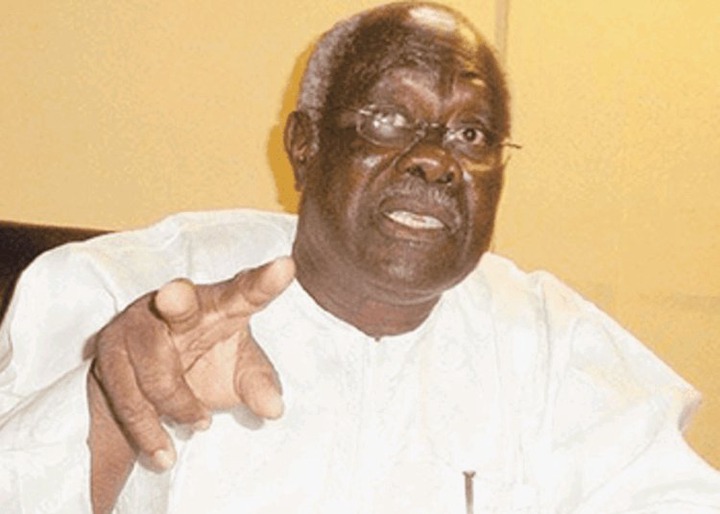

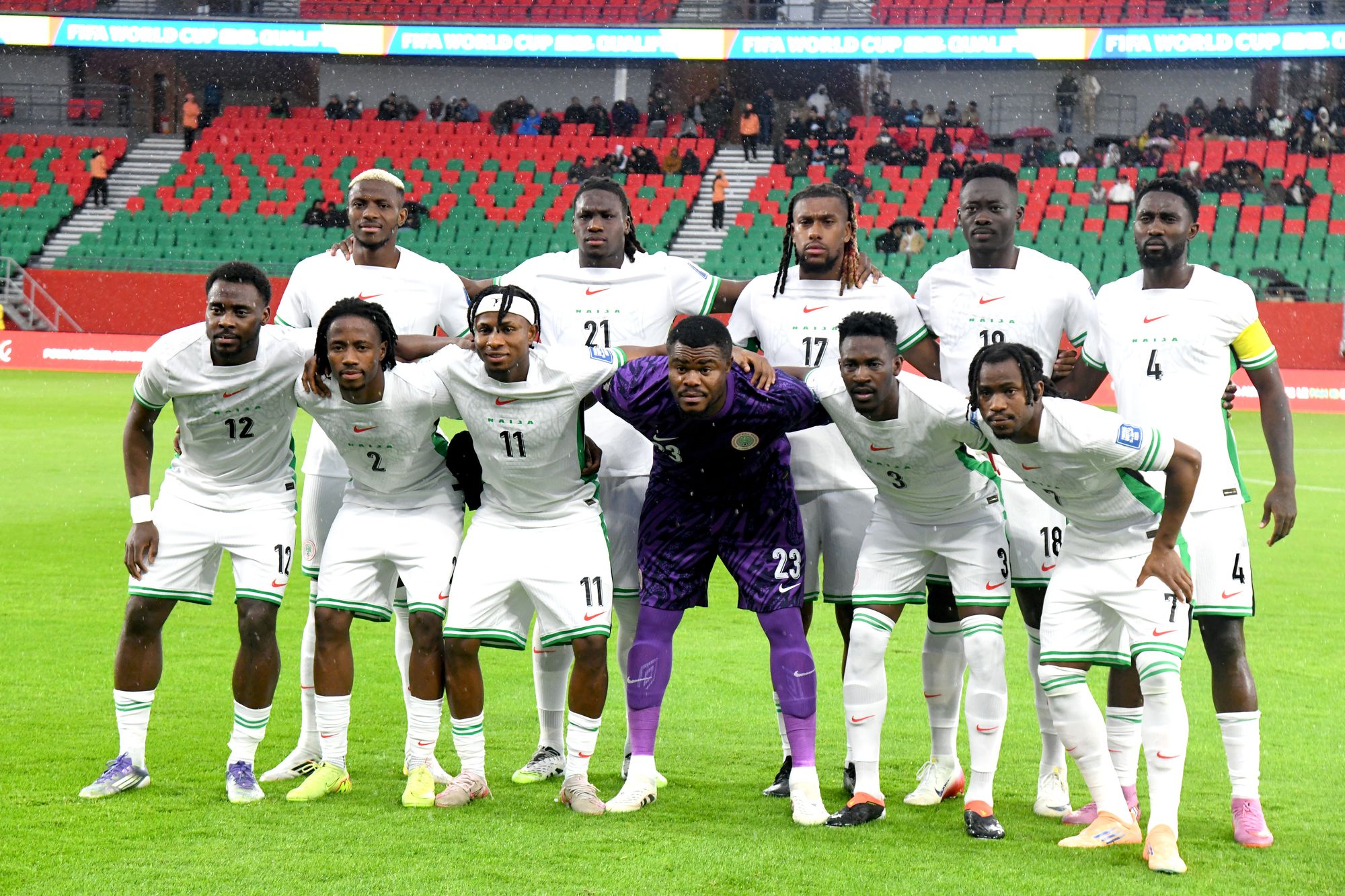
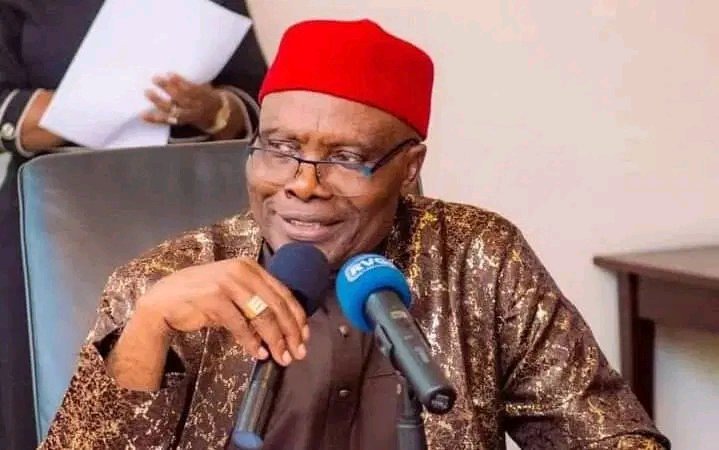
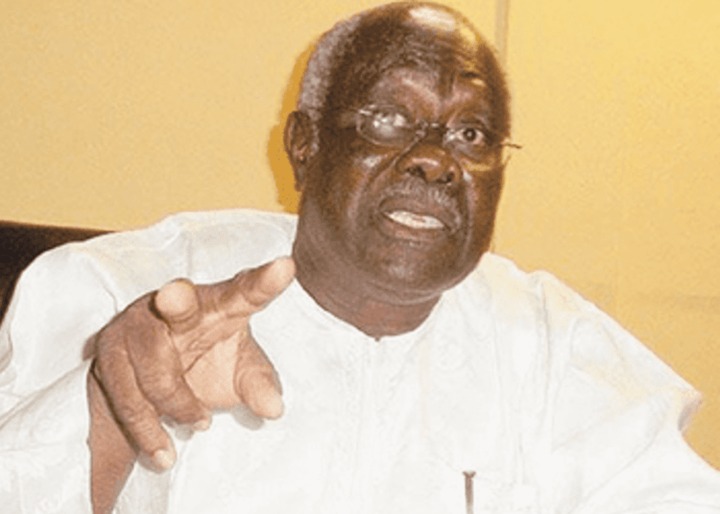
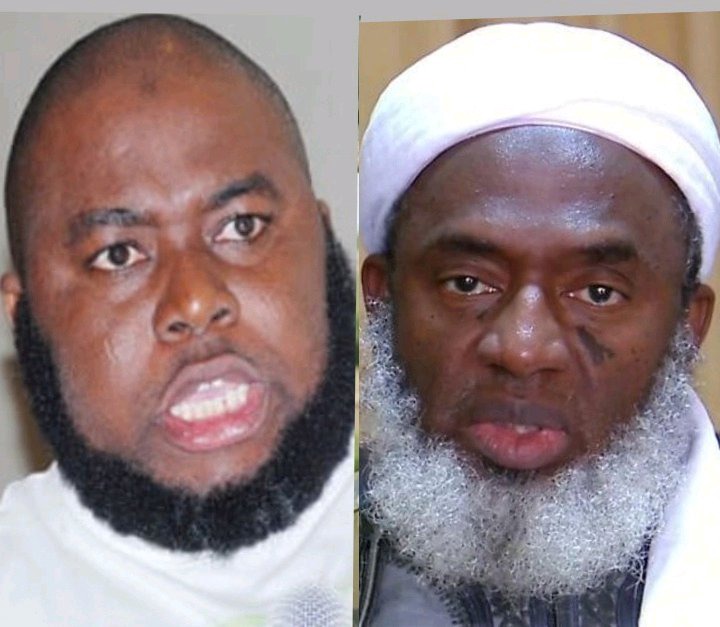






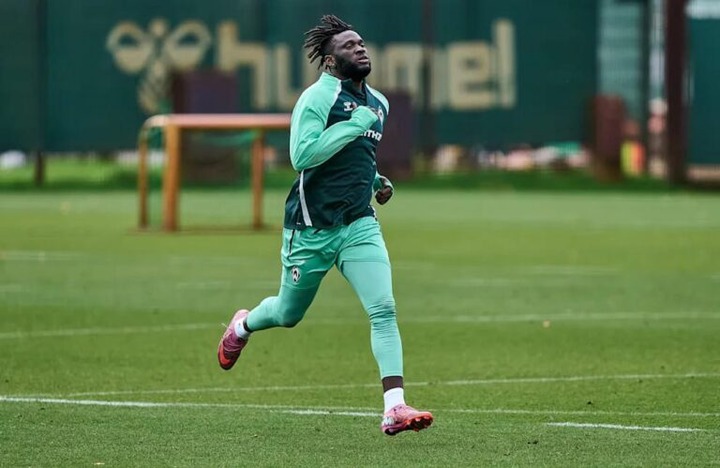

Leave a Reply